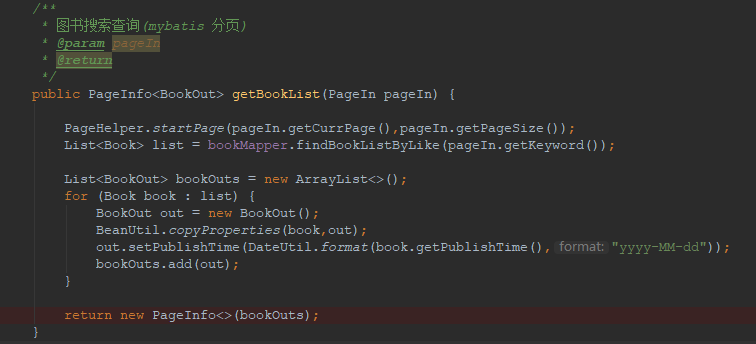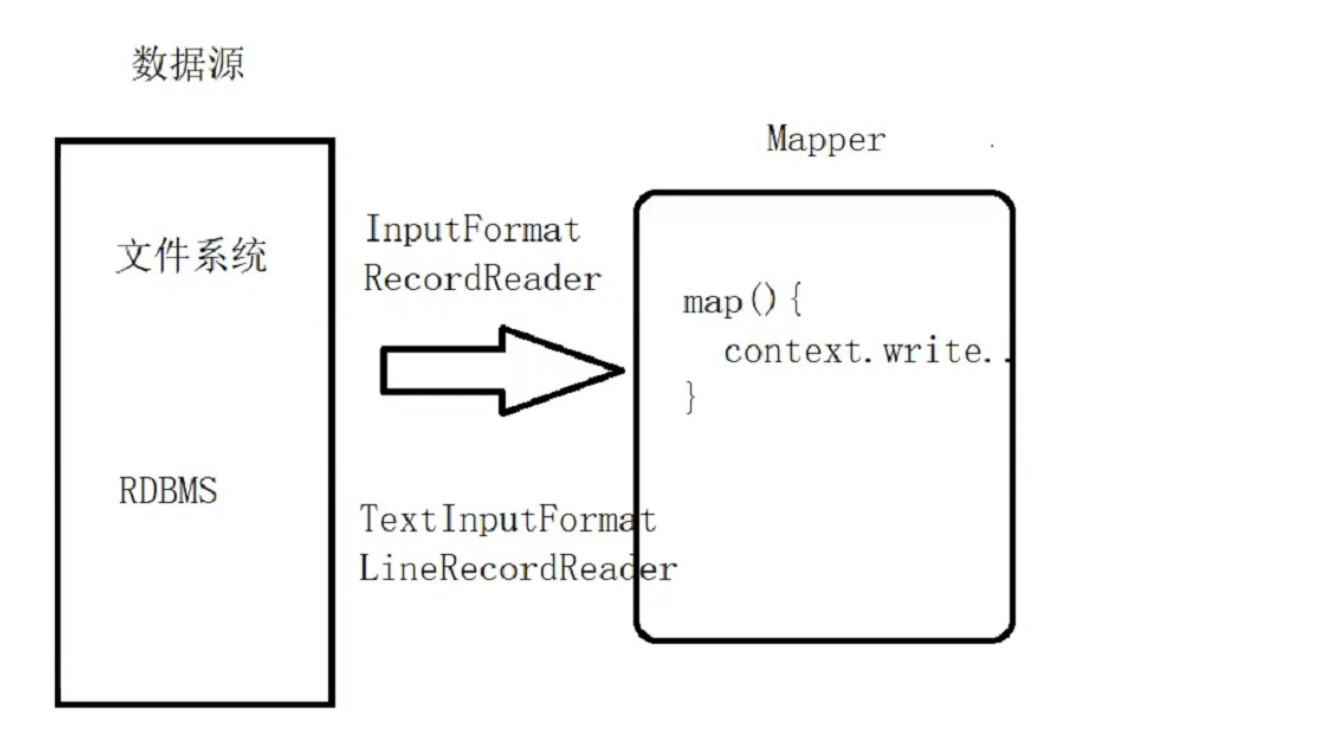Java的自动包装机制
刚刚开学,今天课少,趁着闲再更新一篇关于Java中泛型博文,废话不多说直接上干货。
任何基本类型都不能作为类型参数。这应该是一个基本的概念,先看看下面的代码:
import java.util.*;public class ListofInt {public static void main(String[] args){List<Integer> li = new ArrayList<Integer>();for(int i=0; i<5; i++){//这里在向一个参数类型为Integer的List加入一个类型为int的值li.add(i);}for(int i : li)//自动包装机制允许foreach产生int{System.out.print(i + " ");//输出:0 1 2 3 4}}}
我们并不能创建一个ArrayList
如果想避免这种因为自动装箱机制导致的性能损失,最好使用专门适用基本类型的容器版本
下面的代码创建了持有Byte的Set
import java.util.*;public class ByteSet {Byte[] possibles = {1,2,3,4,5,6,7,8,9};Set<Byte> mySet = new HashSet<Byte>(Arrays.asList(possibles));//Set<Byte> mySet2 = new HashSet<Byte>(Arrays.<Byte>asList(1,2,3,4,5,6,7,8,9));//这样是不行的,asList方法的参数一定要是一个数组}
但是你不能寄希望于自动包装机制解决所有的问题,下面的代码将展示这个问题:
import net.mindview.util.*;class FArray{public static <T> T[] fill(T[] a,Generator<T> gen){for(int i=0; i<a.length; i++){a[i] = gen.next();}return a;}}public class PrimitiveGenericTest {public static void main(String[] args){String[] strings = FArray.fill(new String[7], new RandomGenerator.String(10));for(String s : strings){System.out.println(s);}Integer[] integers = FArray.fill(new Integer[7],new RandomGenerator.Integer());for(int i : integers){System.out.println(i);}//int[] b = FArray.fill(new int[7], new RandomGenerator.Integer());//很不幸这个程序并不能正常运行,因为java虽然可以将Integer转化为int,但是自动包装机制不能用于数组}}



































还没有评论,来说两句吧...